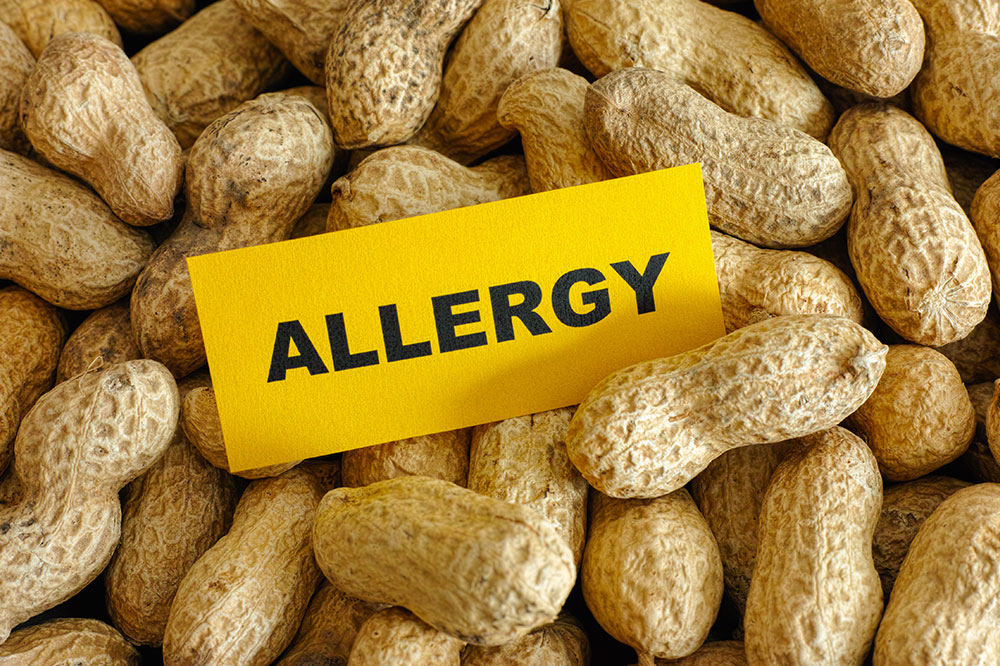
5 most common food allergies
Food allergy is common in both children and adults. It is a condition in which a person’s immune system erroneously identifies specific components in food, typically protein, as enemies. As a result, it triggers an immune response that causes inflammation and other symptoms, such as diarrhea, rashes, shortness of breath, and even life-threatening anaphylaxis. Though nearly any food can trigger an allergic reaction, the following are more likely to cause a problem.
Peanuts
Peanuts are one of the most common causes of food allergies in humans. And the biggest concern is that allergic reactions caused by them can be severe and potentially fatal. Researchers are not sure why some are allergic to peanuts, but they maintain that a family history of peanut allergy increases an individual’s risk.
Milk
Milk allergy is the most common food allergy in infants and young children. However, most children grow out of it as they age. The problematic components in milk are its proteins—whey and casein. Milk allergy must not be confused with lactose intolerance, which is the body’s inability to fully digest the natural sugar (lactose).
Wheat
Approximately two-thirds of children with wheat allergy grow out of it by adolescence. Nevertheless, many adults are allergic to any of the hundreds of proteins found in wheat, causing symptoms like nausea, abdominal pain, itching, and even anaphylaxis. Wheat allergy differs from celiac disease, an auto-immune disease triggered by gluten.
Shellfish
Mostly beginning in adulthood, shellfish allergy tends to remain lifelong. Allergic reactions caused by shellfish can be severe, and they occur when the body comes in contact with proteins in crustacean and mollusks families of fish. Even touching shellfish or breathing the steam from cooking them can trigger allergic reactions.
Soy
Allergies to soybeans and products containing them are prevalent among infants and babies under three. However, adults can also develop soy allergies. The symptoms are usually mild and include itchy rashes, hives around the mouth, and stomach cramps.
Peanuts are found in many common foods, and since allergic reactions to peanuts can be life-threatening, many consider treating their peanut allergy. A common treatment is peanut allergy immunotherapy. This treatment is designed to desensitize the body to the proteins found in peanuts by slowly building up peanut exposure.
Another treatment, epinephrine, targets peanut allergy symptoms, making them less severe. It is available in the form of an injection and can immediately reverse anaphylaxis, a potentially fatal allergic reaction.


